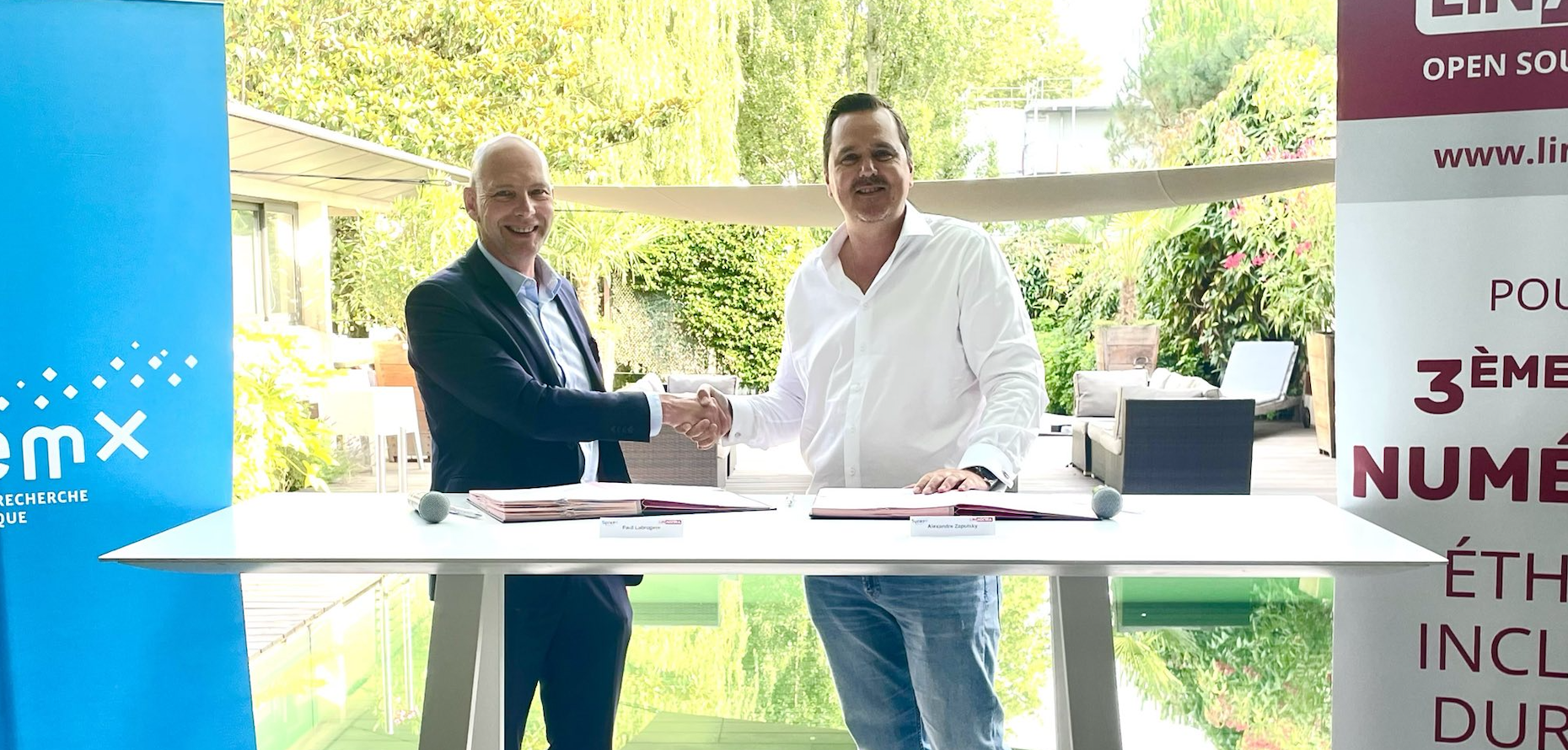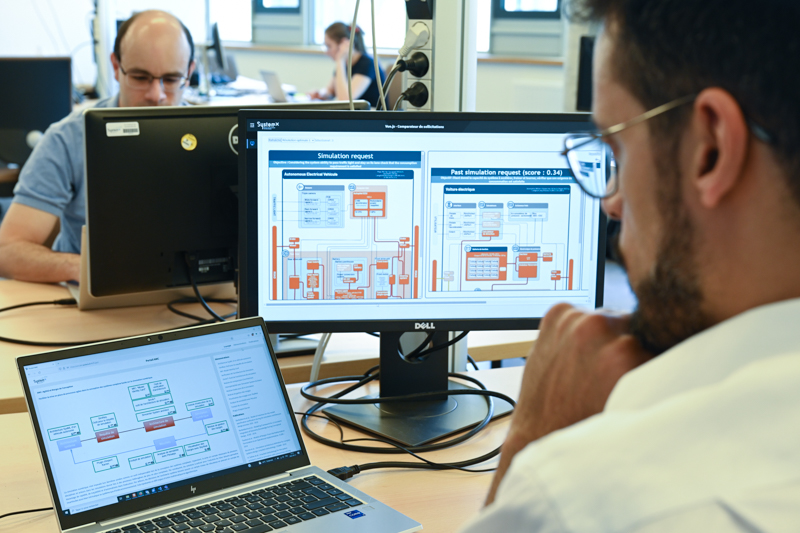As part of the EFE (Ethernet with Small Footprint) project, SystemX is working to remove the technological bottlenecks to future deterministic, real-time, embedded Ethernet architectures with a low footprint (in terms of mass, consumption and cost). The aim of the EFE project is to implement Ethernet technology building blocks for the automotive and avionics industries, for both standalone and connected applications.
Since July 2019, IRT SystemX and its partners Groupe PSA and Thales have been joining forces to study, design and validate the technological building blocks of a deterministic, on-board electrical/electronic Ethernet architecture, integrating the constraints of real time by implementing the IEEE TSN (Time-Sensitive Network) standard and adapted electrical/optical physical layers. The objective of the EFE (Ethernet with Small Footprint) project is to determine and test the feasibility of future Embedded Ethernet Architectures (AEE), in order to meet the new challenges and uses of the automotive and avionics sectors.
Indeed, in the transport industry, embedded systems are becoming increasingly sophisticated. These complex systems fitted with sensors, processors and decision-making bodies require increased on-board communication capacities, both in terms of bandwidth and determinism, in order to acquire a better knowledge of their environment, analyse data from heterogeneous sensors in real time, ensure the safety of people or instantly make decisions in real time. In this context, traditional architectures are showing their limits and new AEE concepts are being investigated (Service-Oriented Architecture – SOA – and Zonal-Oriented Architecture – ZOA -).
« This project, which consists in linking Ethernet networks with critical embedded systems, is particularly ambitious. In particular, it integrates a complex dimension of modelling, configuration and testing of a standard network. We are in fact going to test the technical, economic and industrial feasibility of this type of embedded architecture for both our automotive and avionics applications. Several types of networks will then be tested, such as zonal architectures (ZOA). We are taking advantage of this opportunity to launch a call for equipment manufacturers/founders of silicium that would like to join the EFE project in order to make the most of their equipment (switches, physical layers, etc.) in order to meet key technological challenges for the automotive and avionics markets. », explains Arnaud Kaiser, project manager of EFE with SystemX.



